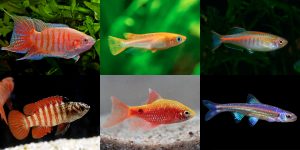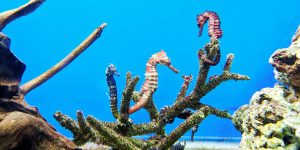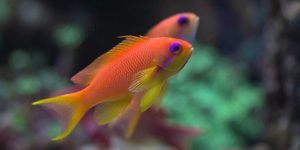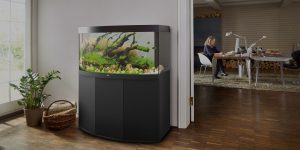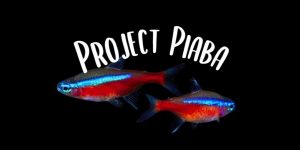Skoltech researchers and their Russian and Norwegian colleagues have investigated the effect of ozonation on the organic compounds dissolved in recirculating water at a fish farm.
Published in the Science of the Total Environment, the study highlights the effectiveness and limitations of ozone treatment and invites further research into developing water-dependent purification methods, suggesting a more scientifically grounded approach to that aspect of fish farming.
While ozonation is widely used at fish farms to purify water from organic compounds, no one has undertaken a detailed analysis of how this purification technique affects water quality and the levels of the various kinds of organic molecules.
Senior Research Scientist Alexander Zherebker
“While ozonation is widely used at fish farms to purify water from organic compounds, no one has undertaken a detailed analysis of how this purification technique affects water quality and the levels of the various kinds of organic molecules,” study co-author Senior Research Scientist Alexander Zherebker of Skoltech commented.
“Using ultrahigh-resolution mass spectrometry we pinpointed the compounds susceptible to ozone treatment and their decomposition products. So, having these results fish farmers can draw conclusions as to whether ozone treatment is well-suited for their local water. At the same time scientists can follow up with complementary studies into other purification techniques. Ultimately, this can guide smarter business decisions based on modern science.”
The organic matter that the study concerns itself with enters the fish tank from the natural water body used as the farm’s external supply source. The team repeatedly tested how the organic compound content and quality changed as time passed and as eventually ozone treatment was performed.
Continue reading: Happier fish through mass spectrometry via Phys.org

